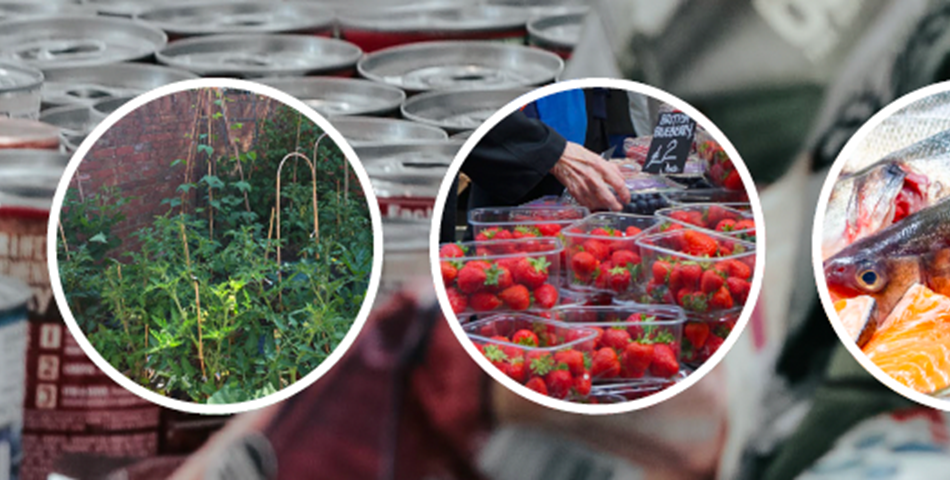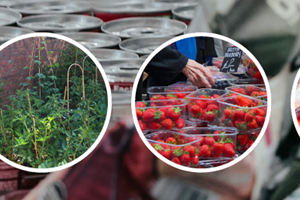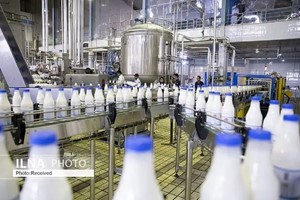Embedding food resilience in agendas such as climate, planning and health as well as addressing the overlap between income and food access could help London’s complex and fragile food system better meet the needs of its growing population.
Researchers from the Food System Transformation Group at the Environmental Change Institute (ECI), University of Oxford have used a method for framing London’s food system resilience that was developed as part of the Resilience of the UK Food System in a Global Context (GFS-FSR) programme.
In a new report, Enhancing the Resilience of London’s Food Systems, food system researchers at the University of Oxford have brought together diverse perspectives to create a set of high-level and specific recommendations to increase the resilience of a complex, dynamic, diverse and potentially fragile food system, in which 99% of the food consumed is imported from outside the capital.
The study also highlights vulnerabilities within London’s food system, which is heavily reliant on ‘just in time’ supply chains and accounts for approximately 10% of London’s consumption-based emissions. With a current population of more than 9 million, the city is predicted to swell to over 10 million inhabitants by 2041 and there is an increasing number of Londoners experiencing diet-related diseases and food insecurity.
The report, which provides learnings from a series of workshops and interviews, was commissioned by the Greater London Authority (GLA). Recognising the need for a broad range of perspectives, and working with the food and farming charity Sustain, the GLA engaged colleagues from different policy areas and external stakeholders to explore food resilience in greater detail.
The researchers used a method for framing London’s food system resilience developed as part of the GFS-FSR programme. These exercises sought to pinpoint current and future risks to London’s food supplies, establish which Londoners are disproportionately vulnerable to disruptions and identify interventions to enhance food resilience in London.
The report emphasises the need to investigate and co-create multiple pathways to resilience. These pathways should be underpinned by a whole food systems approach and harness cross-cutting opportunities to ensure food resilience is successfully embedded in other agendas. The involvement of a range of stakeholders, including the Mayor of London, should be responsible for implementation, with the GLA adopting a leadership role in convening stakeholders.
“London’s food system seems fairly resilient but beneath the surface there is a different story,” said Dr John Ingram, Lead of the Food System Transformation Group at the University of Oxford. “For example, not everyone is benefitting from equal access to healthy, sustainable and culturally appropriate food: around 1.5 million adult Londoners and 400,000 children experienced low or very low food security before the pandemic and 3.8 million adults in the capital are overweight or obese.
“As researchers, we worked with stakeholders to explore key areas of vulnerability in order to create recommendations that can be carried forward. These will require collaboration not only across the GLA but also with boroughs and with a range of other stakeholders.”














